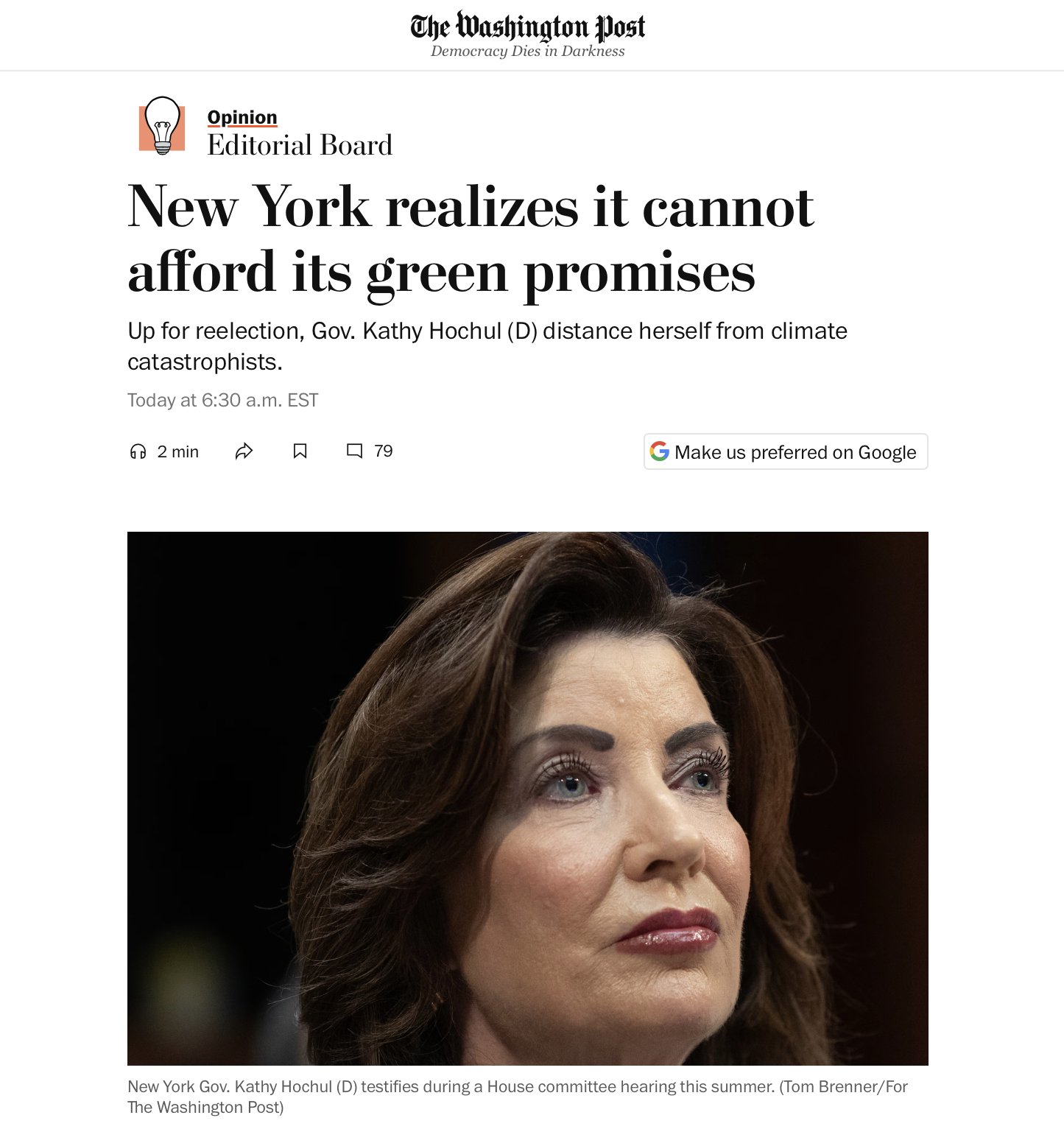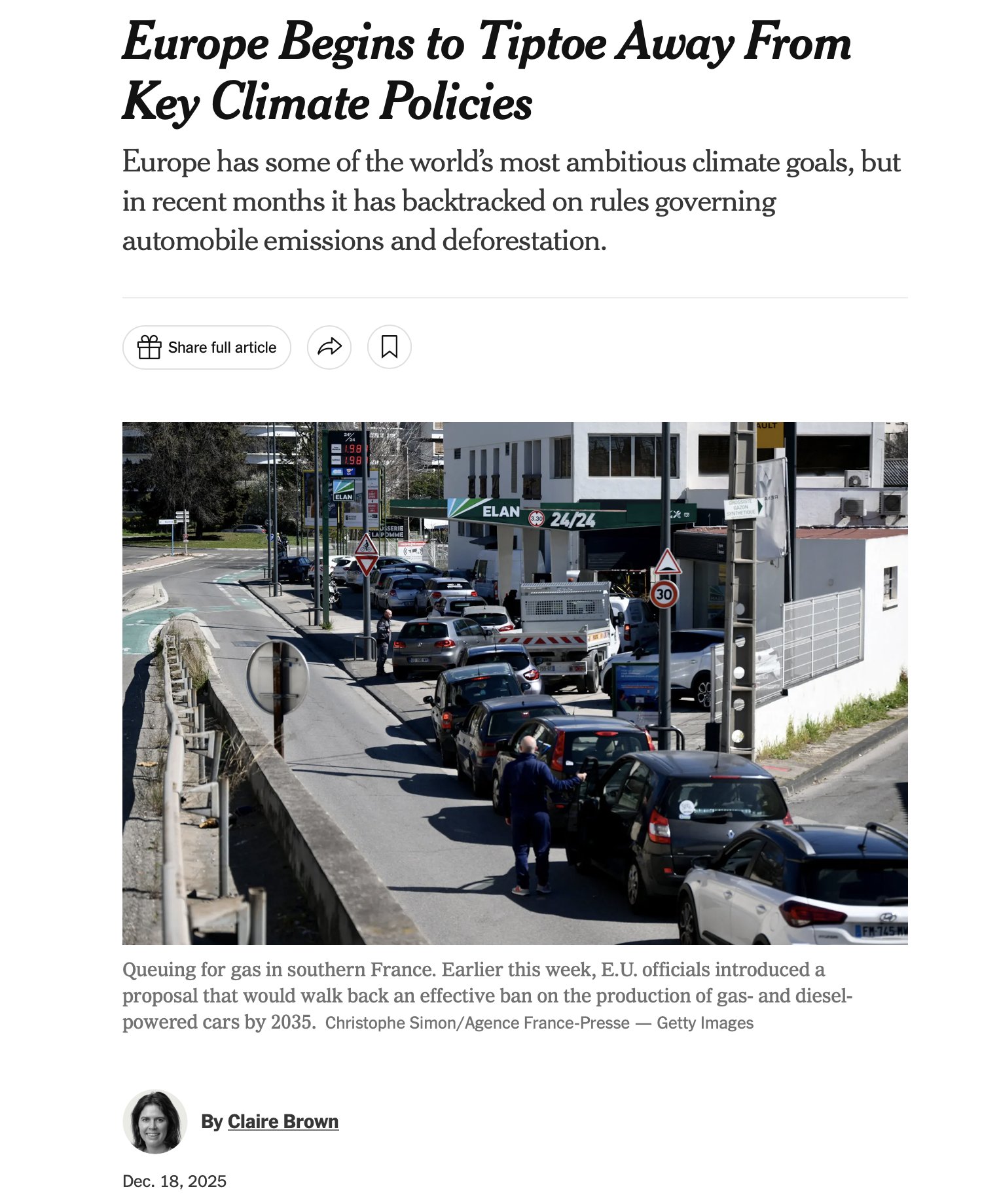Over at the Daily Wire, author and podcast host Andrew Klavan concludes his article, “On Computer Models, Socialism, and Other Garbage,” with the following challenge to his readers [emphasis added]:
And the next time some AOC-type knucklehead starts screaming about their computer models on the climate and how we need to destroy our way of life and our freedoms to accommodate their Green New Schemes and Dreams, and then tells us that we’re denying “science” if we refuse to panic and instead stand fast and defend our Constitution, I think we need to show them our model, which looks remarkably like a great big middle finger and comes with a caption: “Model this.”
As defenses of our constitutional rights go, that seems passionate enough. Unfortunately, a preceding paragraph of his article includes the following sentences: “I am not someone who has screamed and yelled about the loss of civil rights during quarantine. Even in a free country, municipalities and states have extraordinary powers in a health emergency.”
No disrespect to Mr. Klavan, whom I think is a unique and important voice in the conservative sphere, but we are seeing this sort of confused logical musing a lot these days.
“Even in a free country, municipalities and states have extraordinary powers in a health emergency,” he writes. Let’s examine that suggestion particularly, because there’s a lot about it that is worthy of discussion, and though we’re not legally allowed to physically socialize or converse about any of the unprecedented circumstances we are witnessing today with our friends and neighbors and family, you’ve likely noticed a lot of these sorts of supposedly measured thoughts from conservatives on social media.
The first thing you might notice is that the suggestion, offered as a fact, is dangerously ambiguous.
What kind of a health emergency constitutes the execution of these “extraordinary powers,” for example? To what degree must the emergency threaten the public for the government to employ these “extraordinary powers” that it supposedly has the authority to wield at such times? And how “extraordinary” can those powers become without excessively infringing upon our rights? Which civil liberties does the government have the right to infringe in these circumstances, and which does it not? Are there any that it does not have the right to infringe?
Is it just “health emergencies,” or other kinds of emergencies, too? If arbitrarily-defined “health emergencies” are reason enough for the government to exercise the vague “extraordinary powers” to violate certain civil liberties, then why wouldn’t it be so for other kinds of emergencies? Using this exact logic, a progressive might say, for example, that the spate of mass shootings in recent years constitutes a national emergency which threatens Americans’ lives, and in times of such emergencies, “the government has extraordinary powers to confiscate firearms from Americans.”
You don’t have to fall far down the rabbit hole before concluding that what is implied by that suggestion is a logical vortex toward justifying tyranny, if only on occasion, and especially when the public is crazed with fear.
Now, a conservative will typically point out that an American firearm owner has rights, and the progressive’s suggestion to confiscate his firearms is a blatant violation of his right to “keep and bear arms” enumerated by Second Amendment.
Okay, I agree. But riddle me this. How are the rights enumerated by the First Amendment not similarly protected? How is it that a pro-life advocate being arrested by the government, for offering support to women who may be conflicted about the decision to kill their unborn child at an abortion clinic, is not a clear violation of his right to “peaceable assembly?”
For a clue about how it might be seen as different among conservatives, let’s look at the second, more important part of Klavan’s boilerplate suggestion. It is not implied that the federal government has the right to wield the power to temporarily trample civil liberties, if some perceived necessity requires it, but that the “municipalities and states” do.
In a way, the suggestion is something of a marvel, as it is both historically true and contemporarily false. Prior to the Supreme Court’s adoption of the doctrine of incorporation, “the Bill of Rights applied only to the Federal Government and to federal court cases. States and state courts could choose to adopt similar laws, but were under no obligation to do so.”
Therefore, the suggestion that the municipalities and states could legally violate the individual rights enumerated in the Bill of Rights in extreme circumstances, but the federal government clearly cannot legally do so, is historically consistent with early American federalist principles and limited government.
However, “after the passage of the Fourteenth Amendment,” the Bill of Rights was “made applicable to the states through the Due Process clause of the Fourteenth Amendment,” according to Cornell’s Legal Information Institute. Therefore, according to the Supreme Court’s modern jurisprudential standard, individual Americans are equally protected by the incorporated Amendments of the Bill of Rights at the state and local level, much as they are protected at the federal level. In that sense, the suggestion that “municipalities and states” can legally infringe upon the constitutional protections of Americans is, in the modern lens, unequivocally false.
The Constitution certainly doesn’t enumerate federal powers to trample our protected rights (and heretofore, President Trump seems to be refreshingly aware and respectful of that limitation), and the modern comprehension of the Bill of Rights explicitly says that the state and local governments don’t have that power, either (despite most state and local government officials seeming drunk on this power that they imagine themselves to have).
So, since we can prove that state and local governments everywhere have no legal right to abuse our constitutional rights as they are currently doing on a daily basis, and it seems nothing short of obvious that America cannot sustain this complete economic shutdown for much longer without spending its future into oblivion and making dependents and subjects of its citizens — now what?
Image credit: National Park Service // public domain



